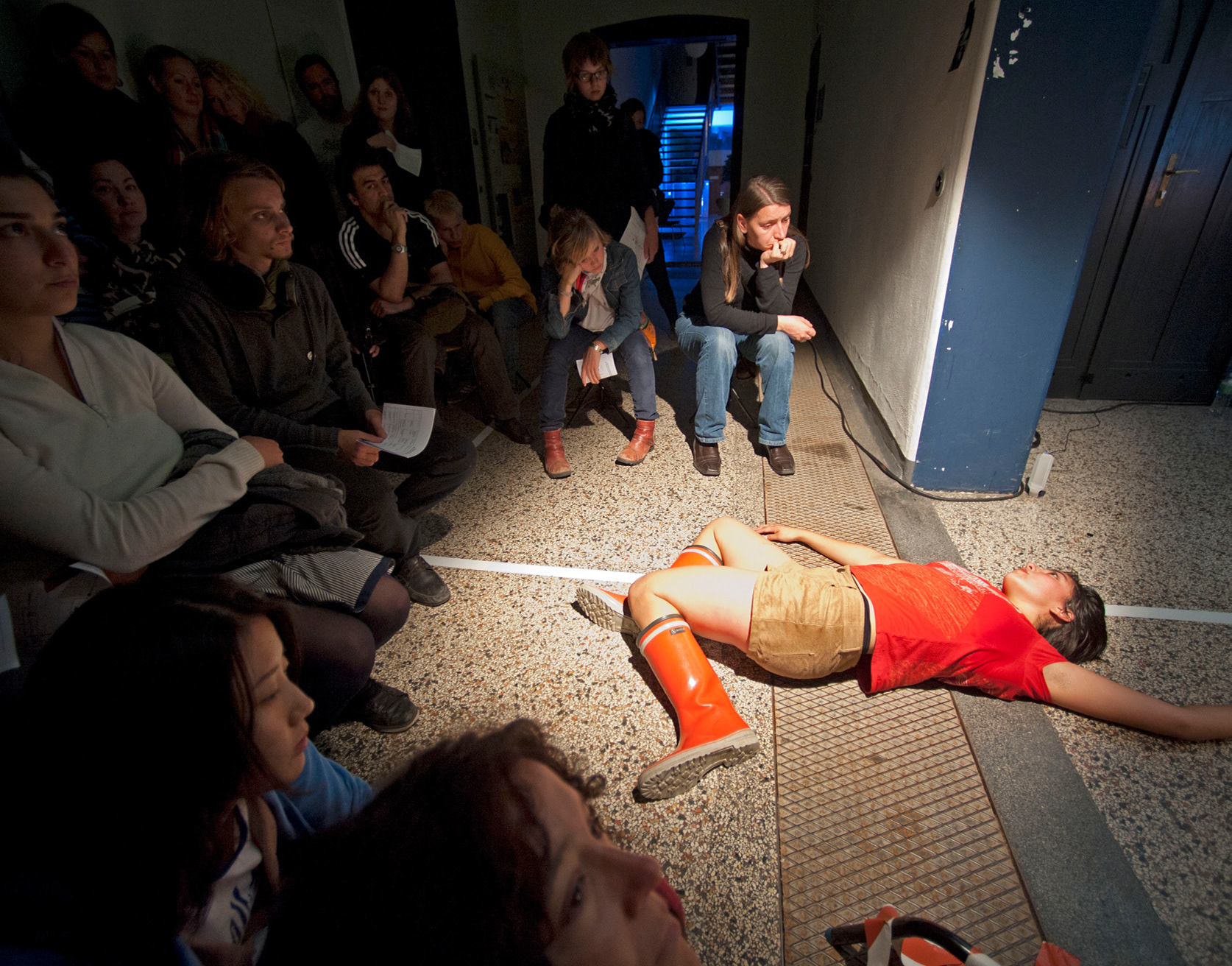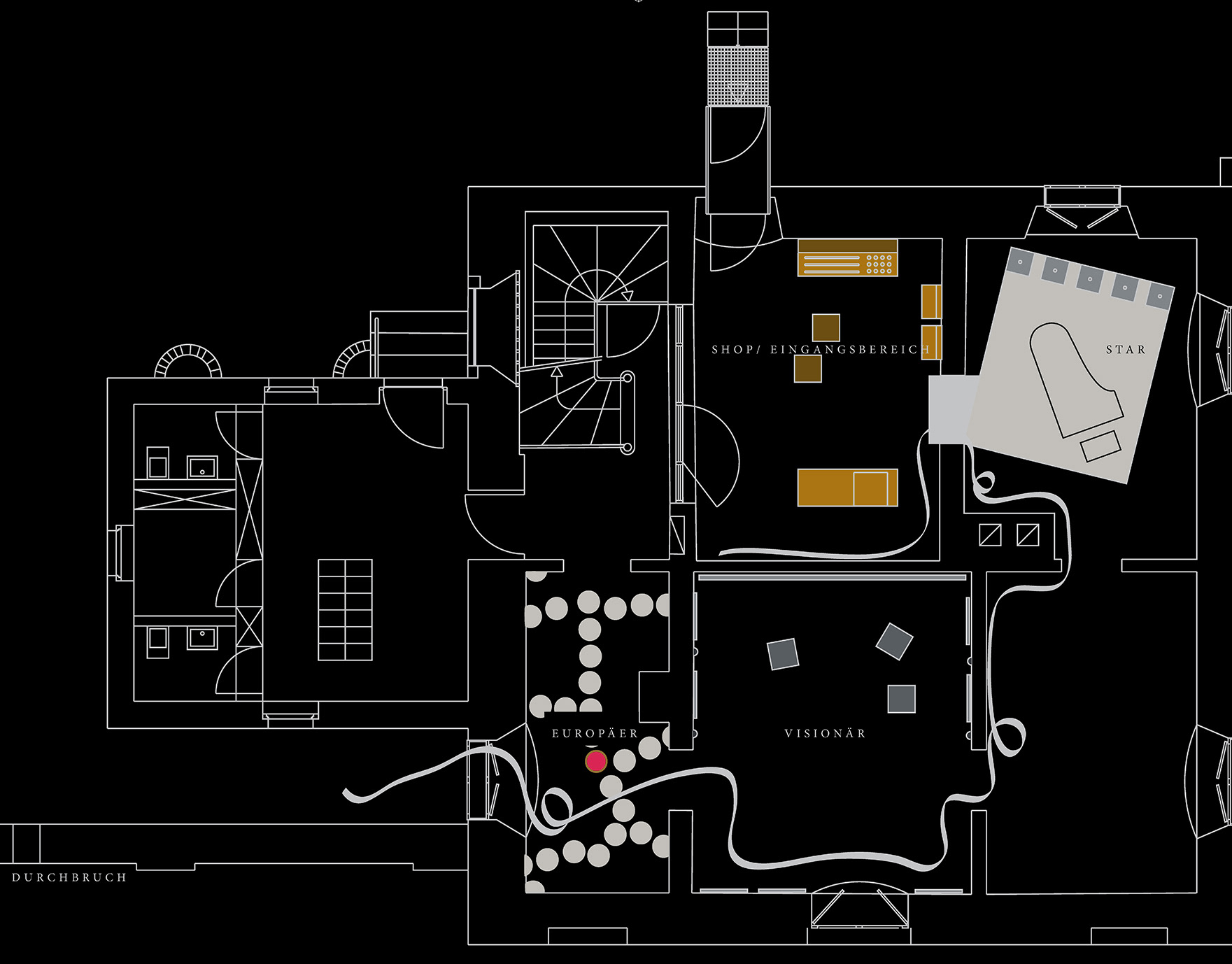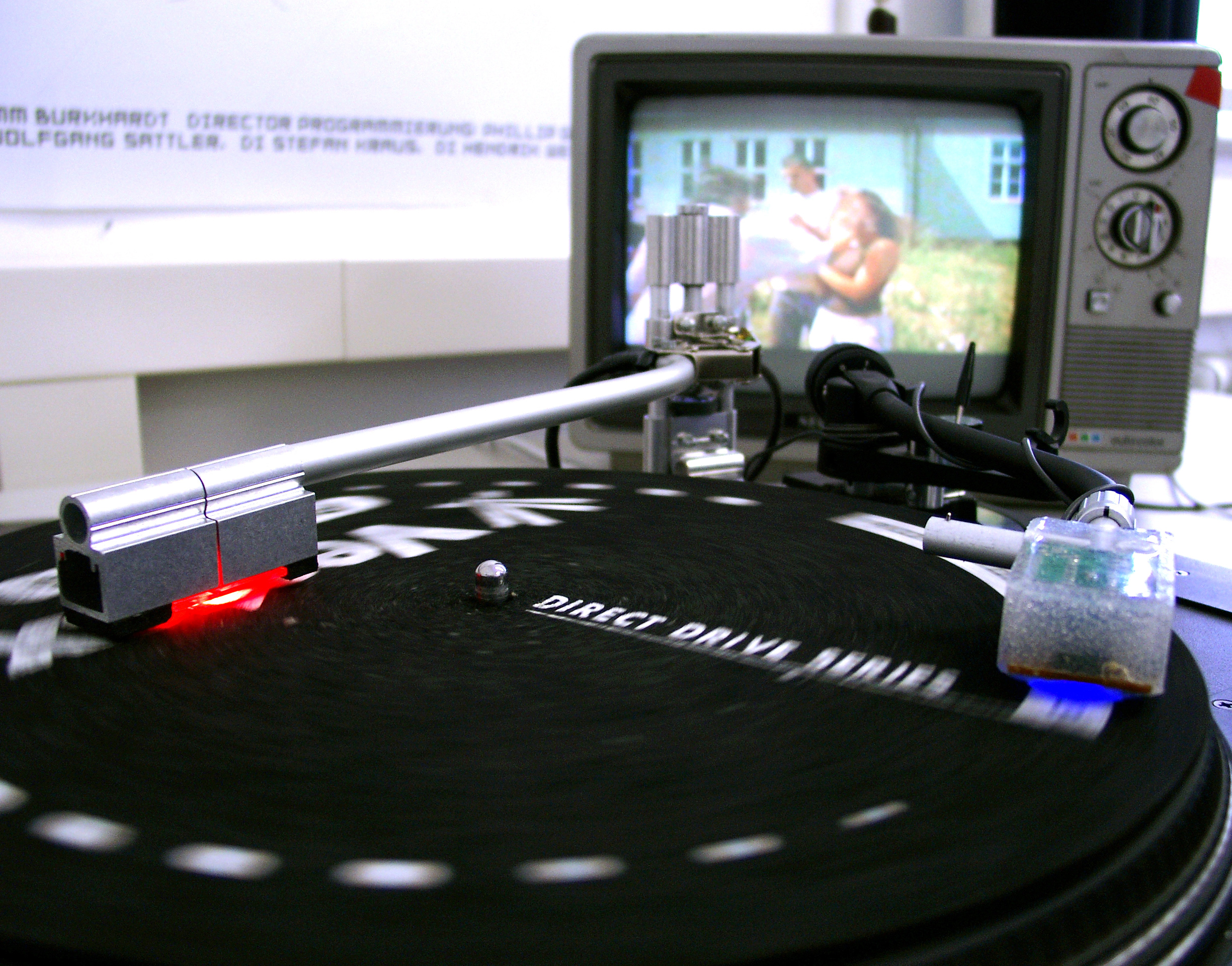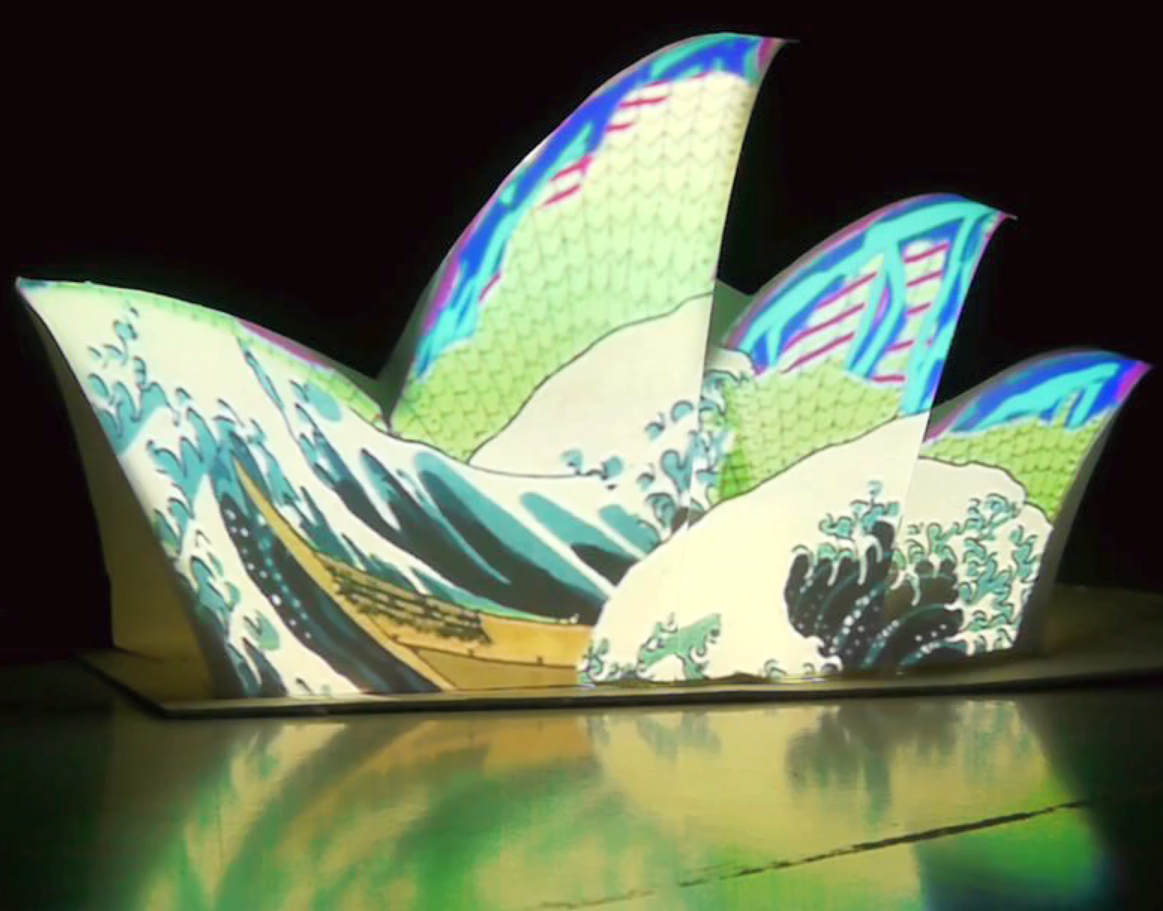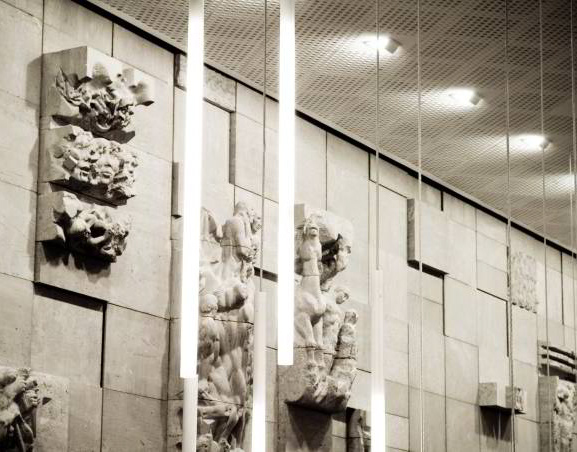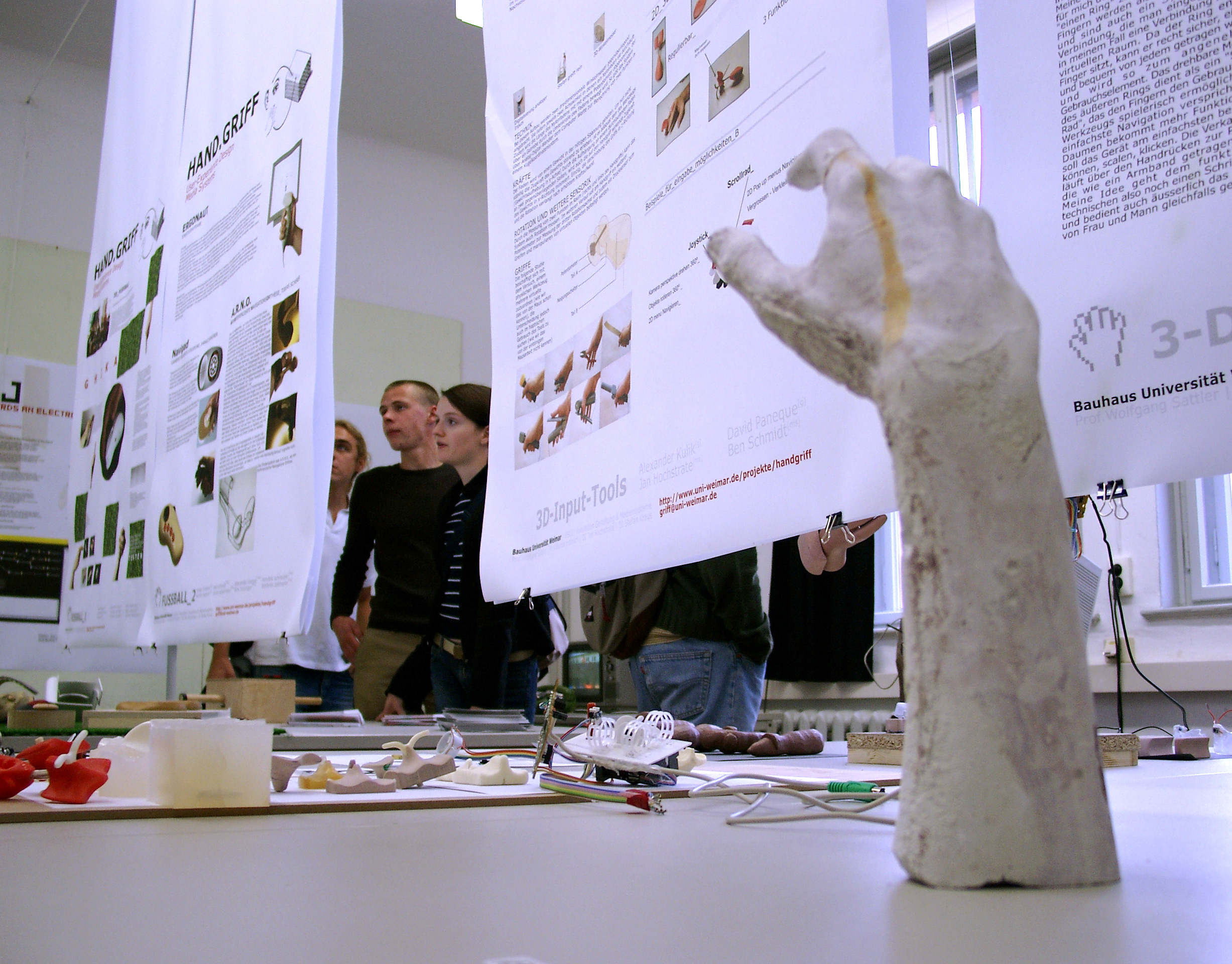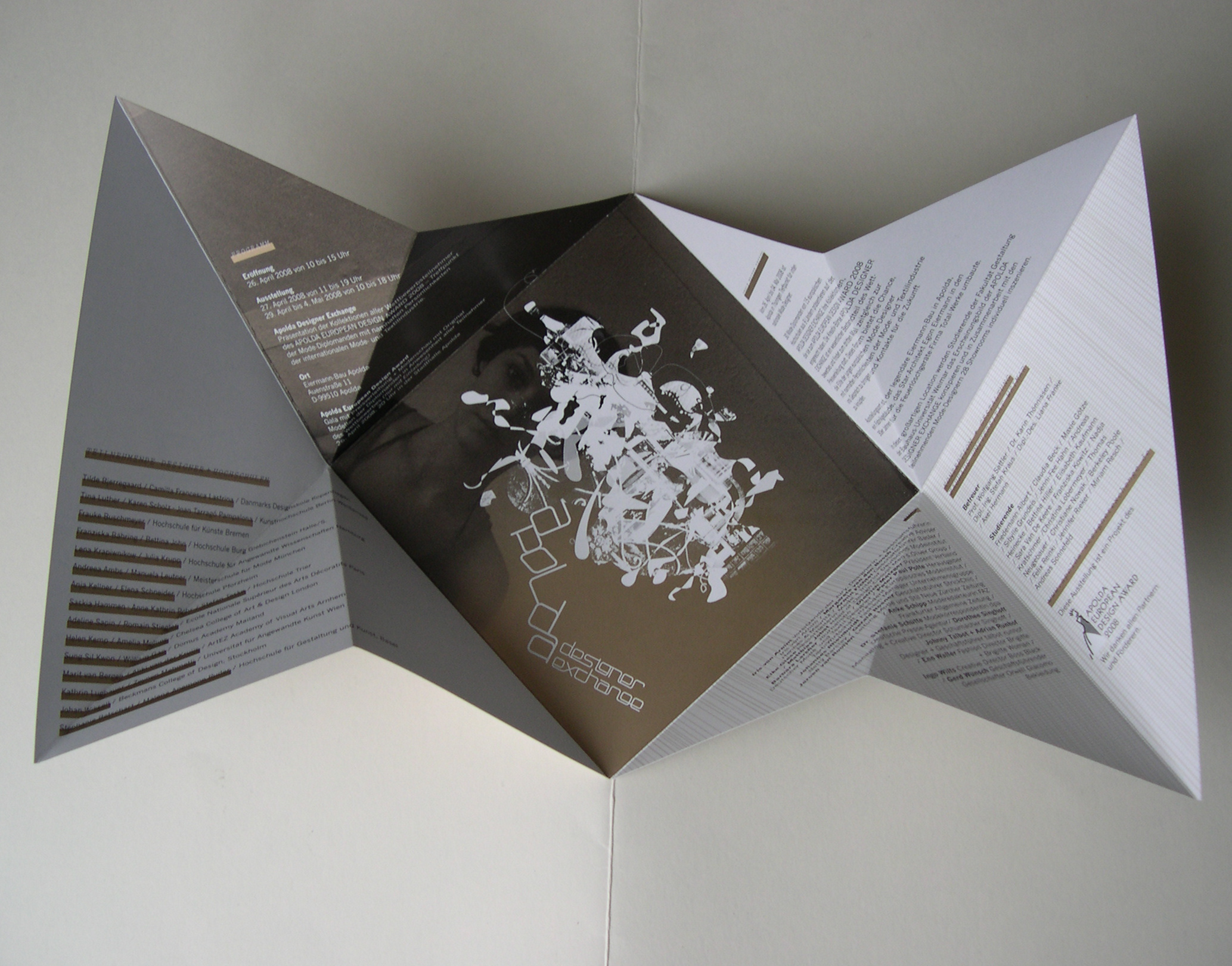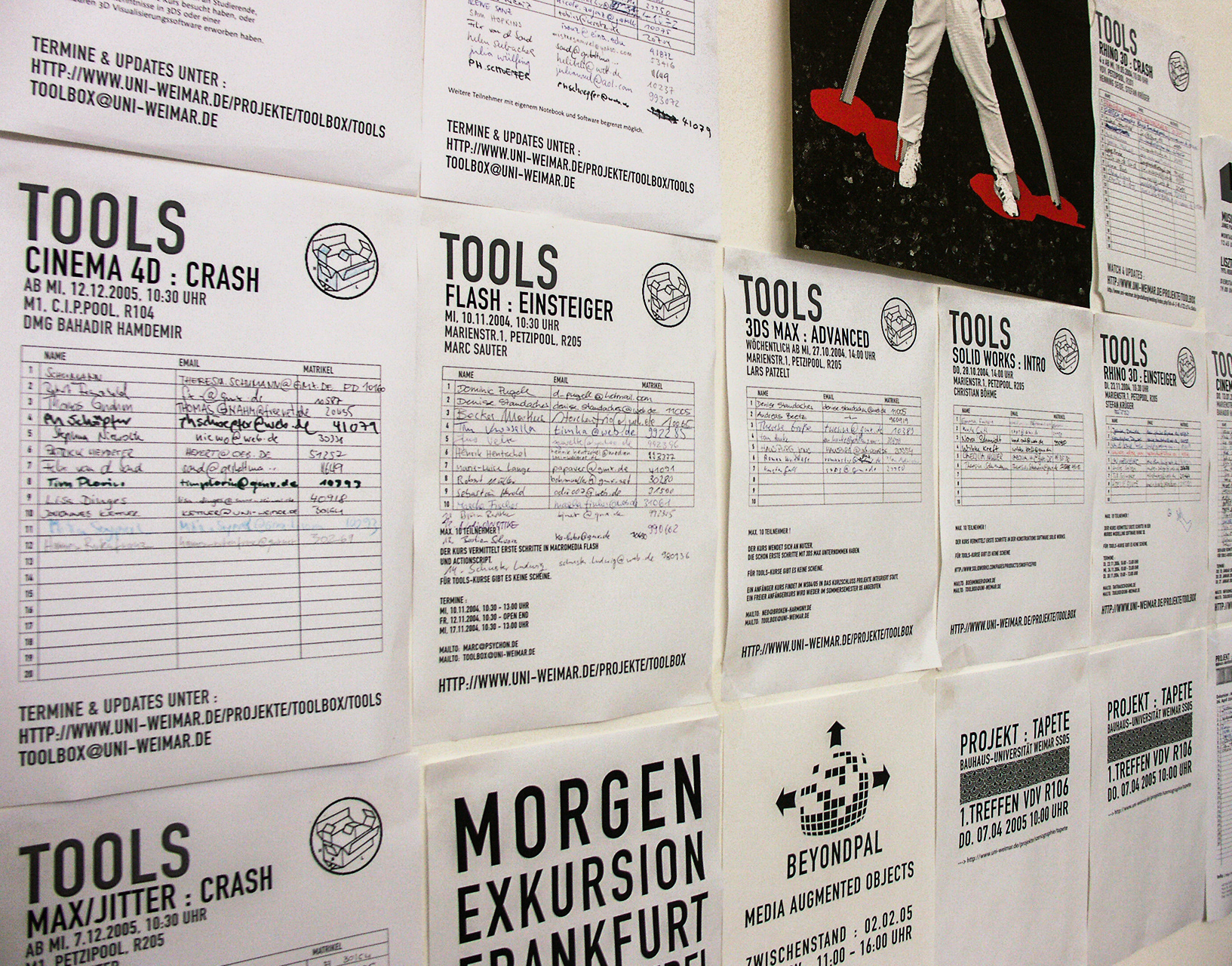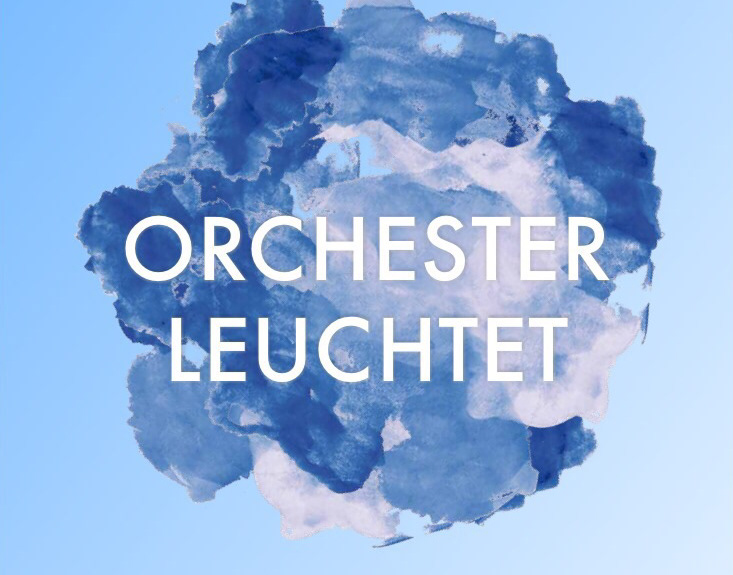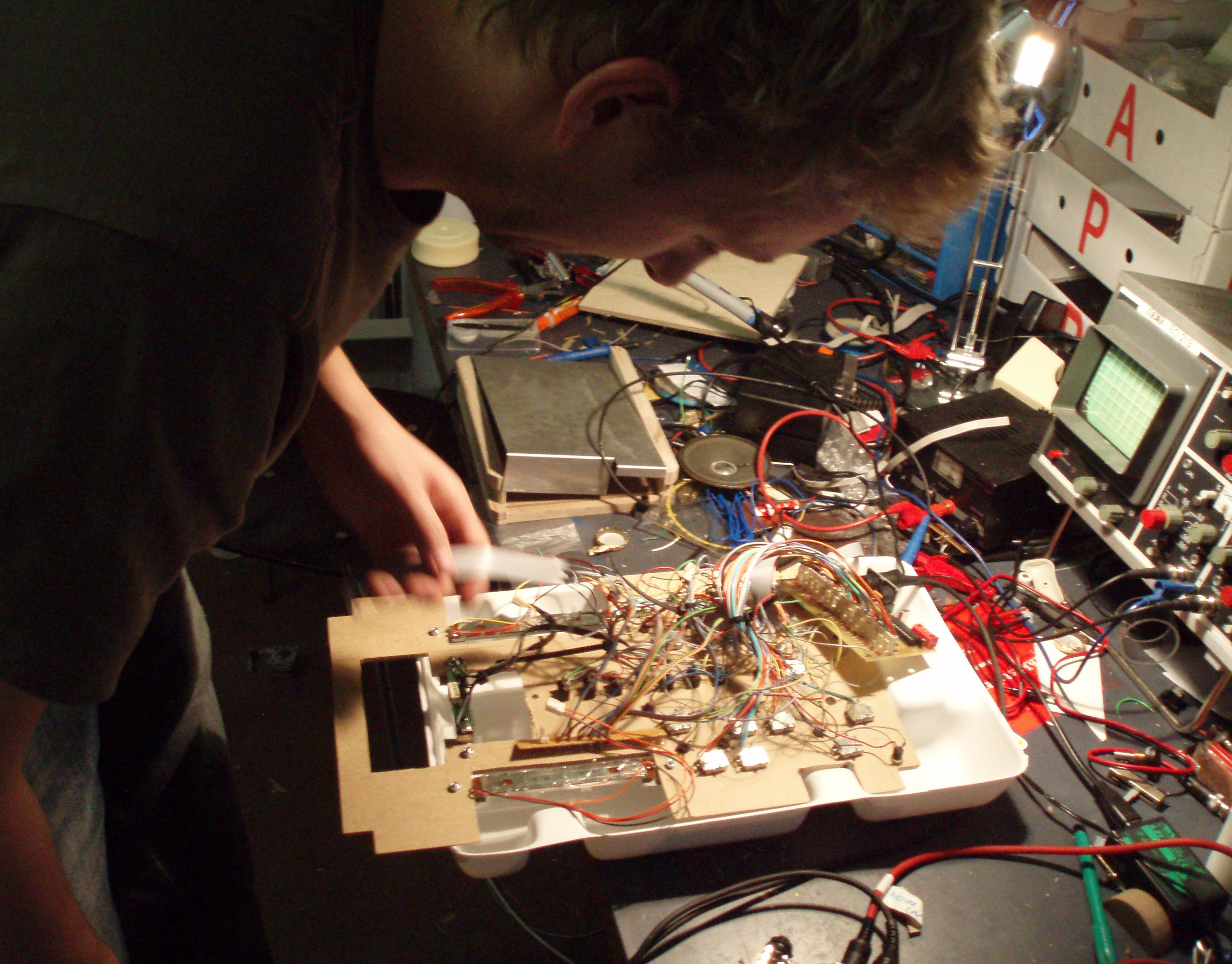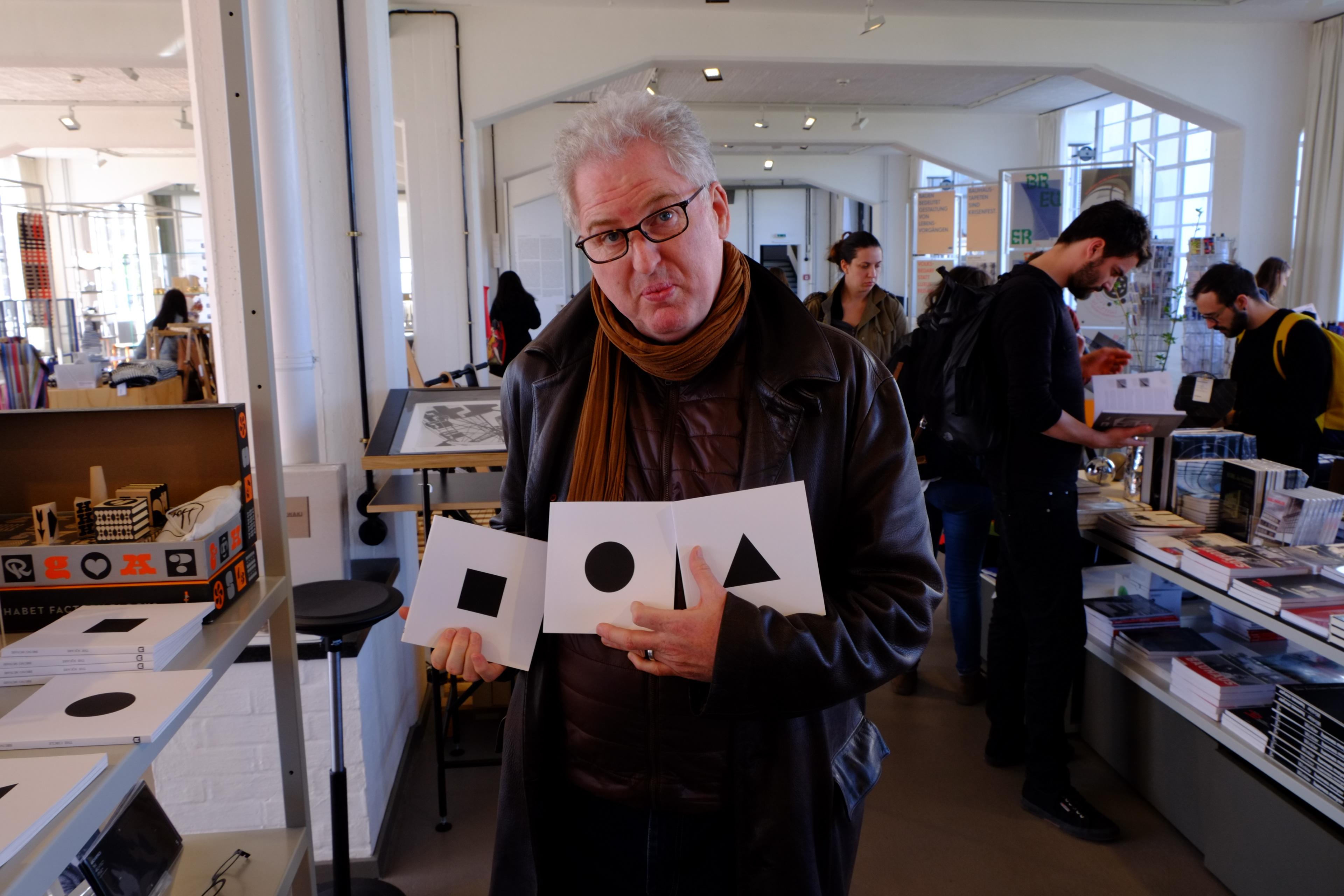
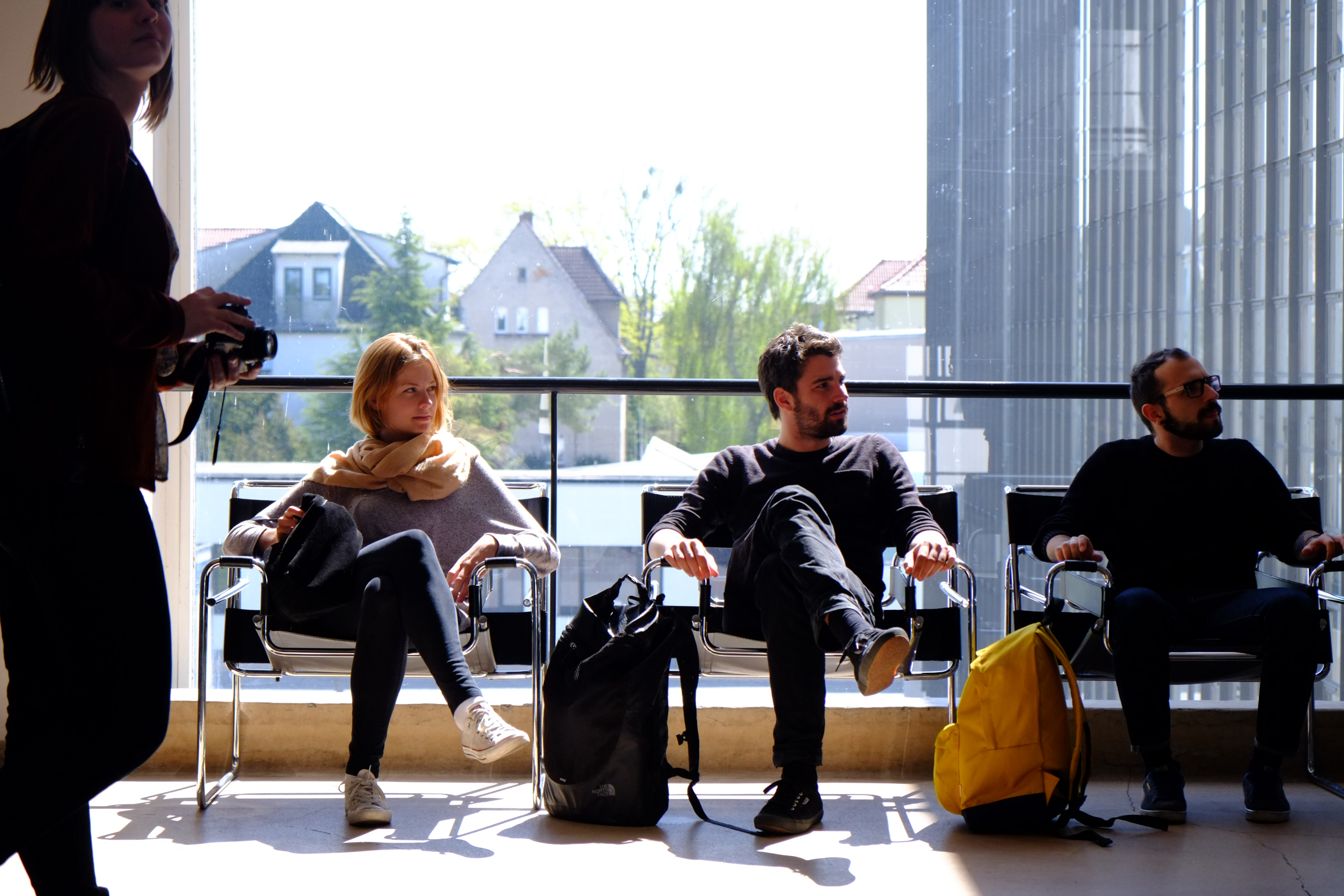
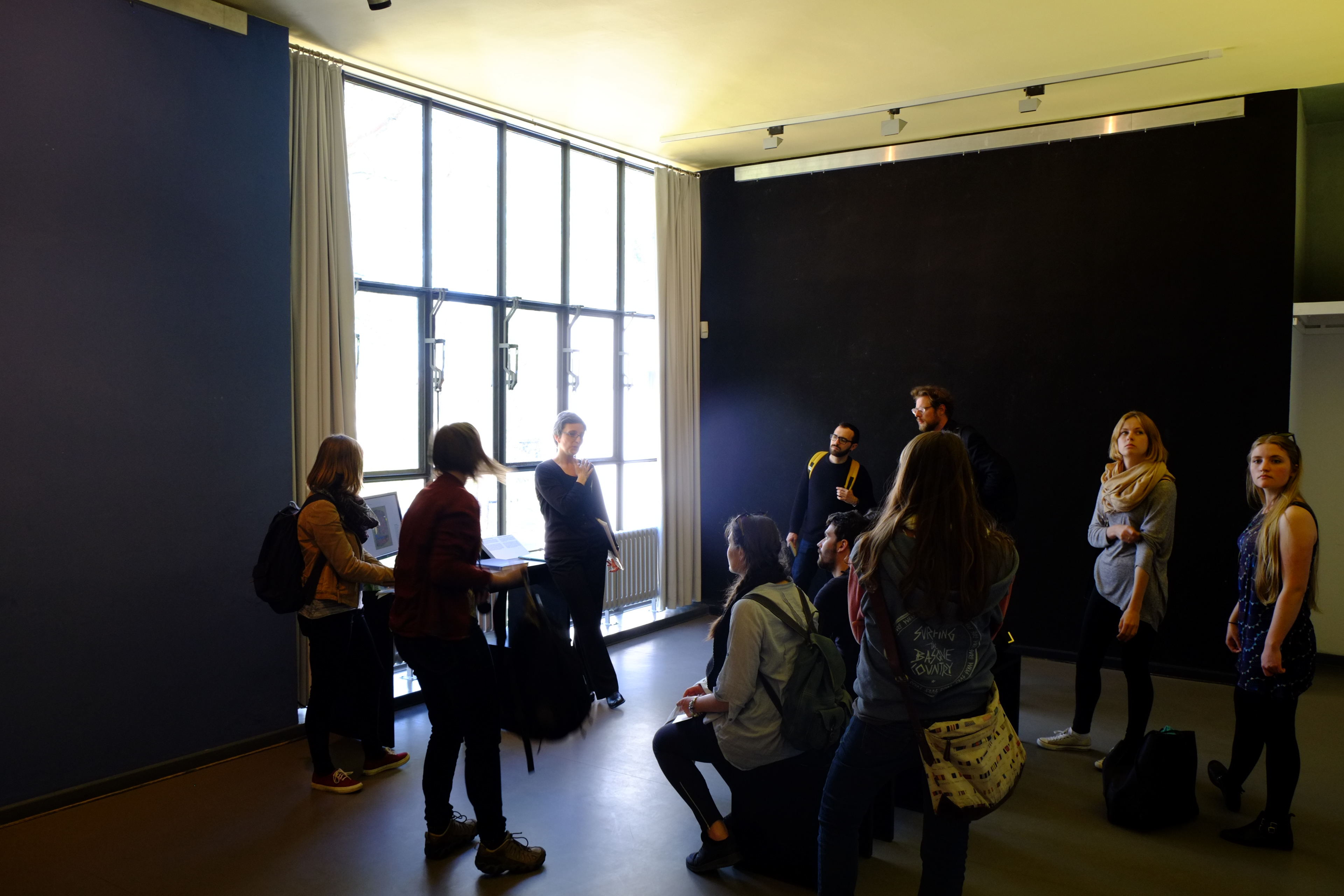
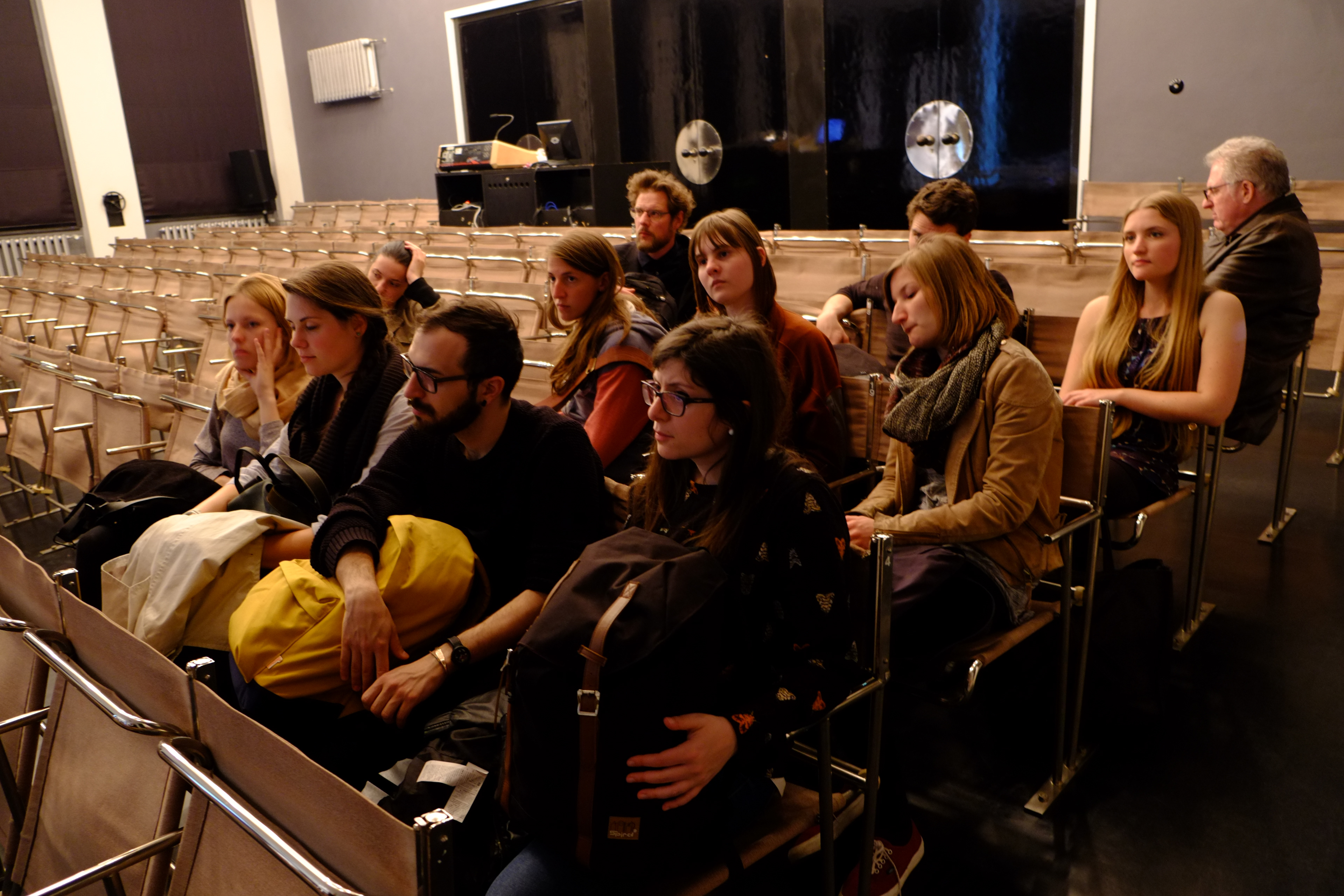
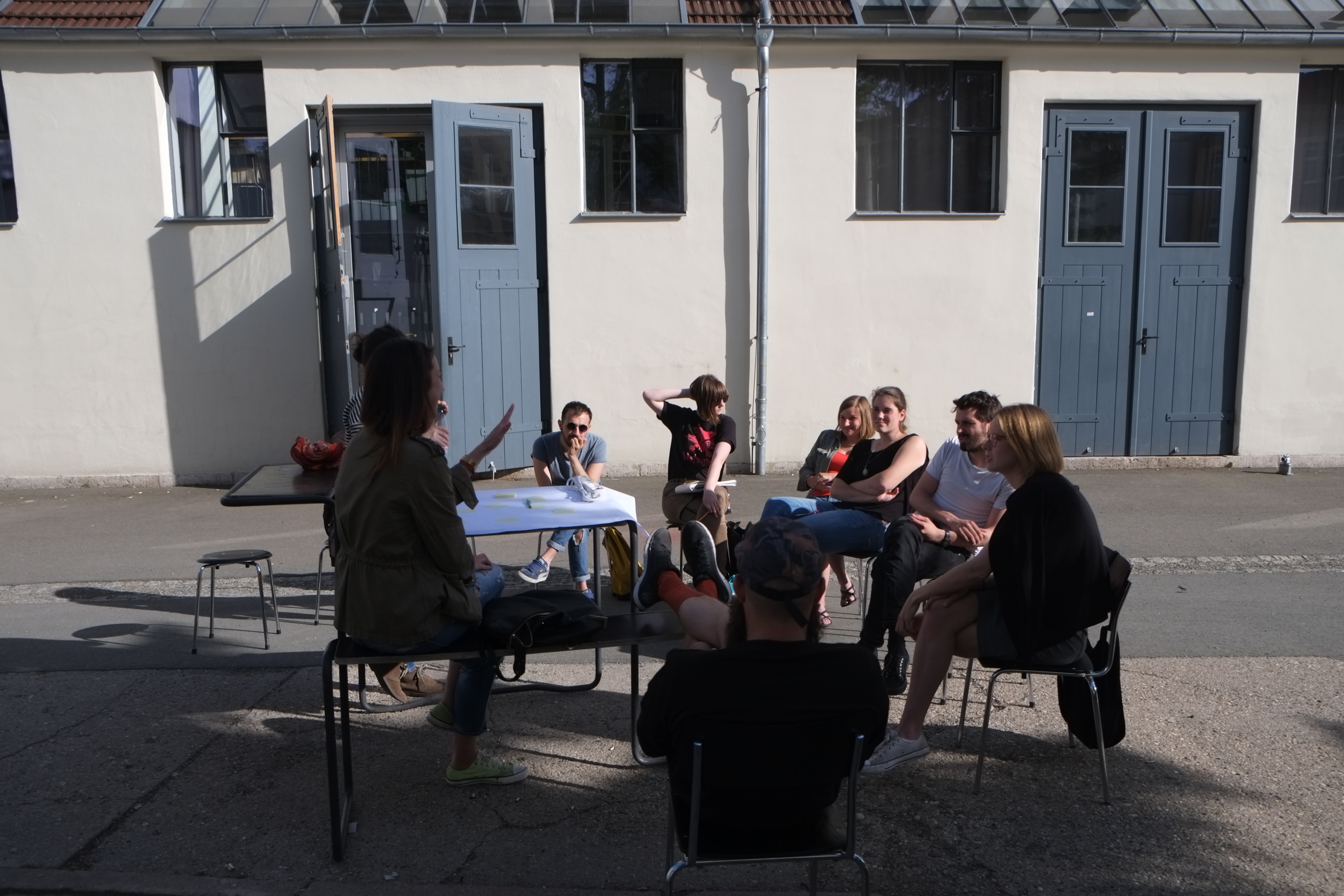
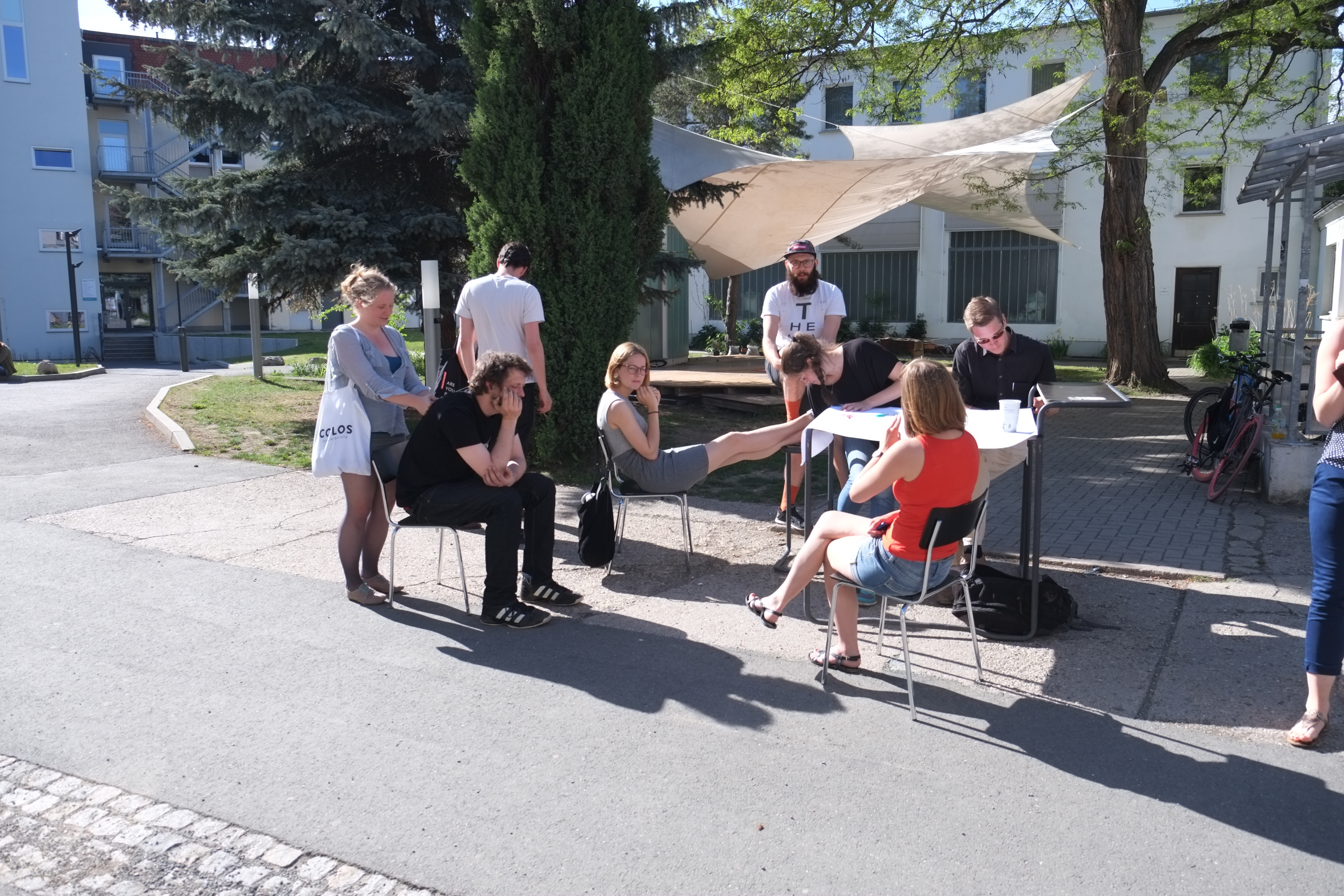
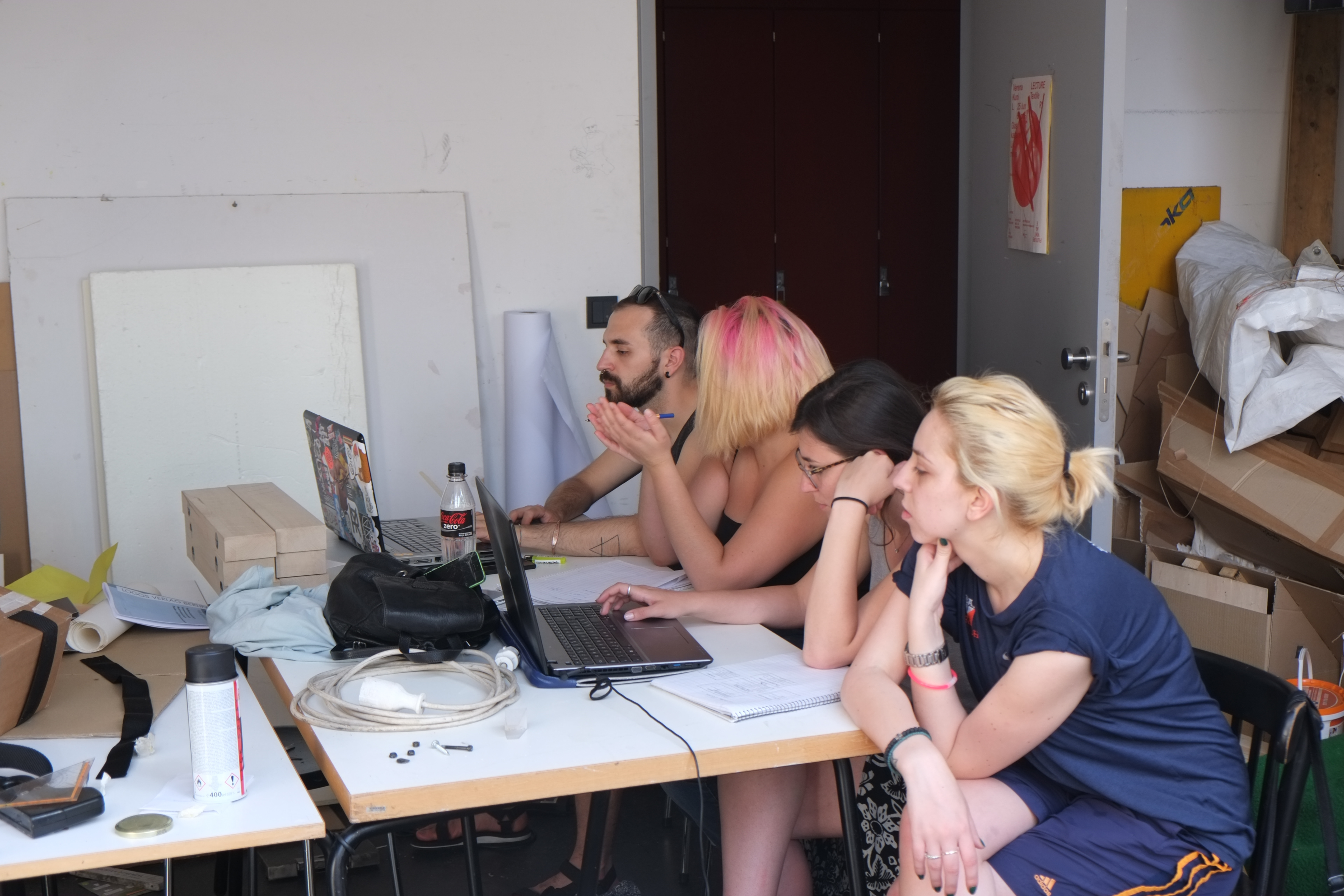
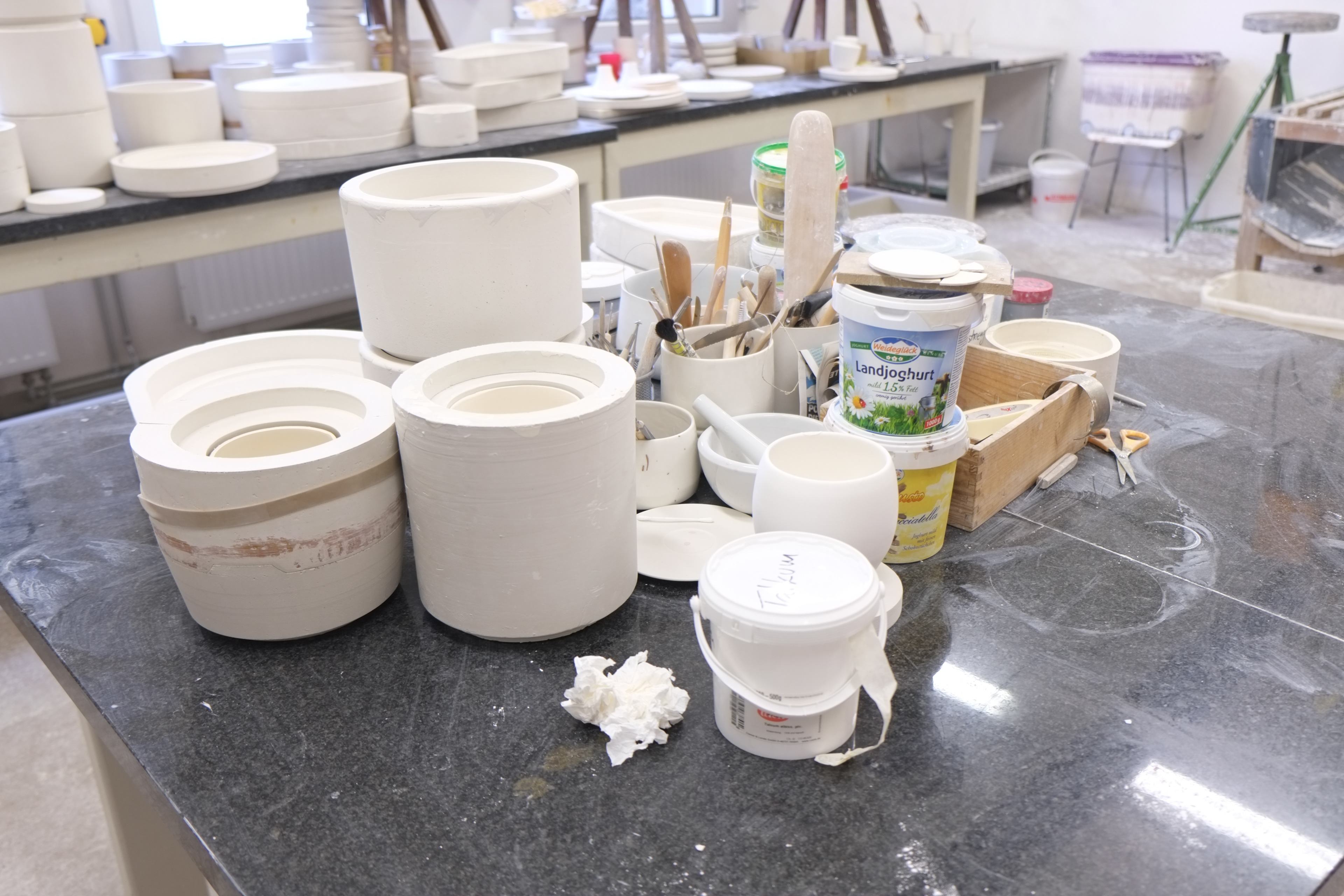
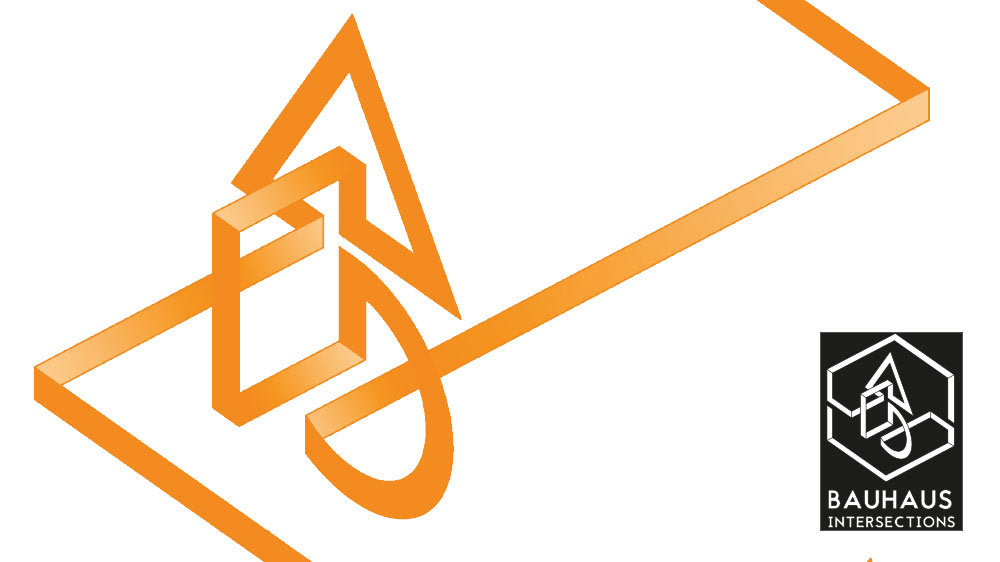
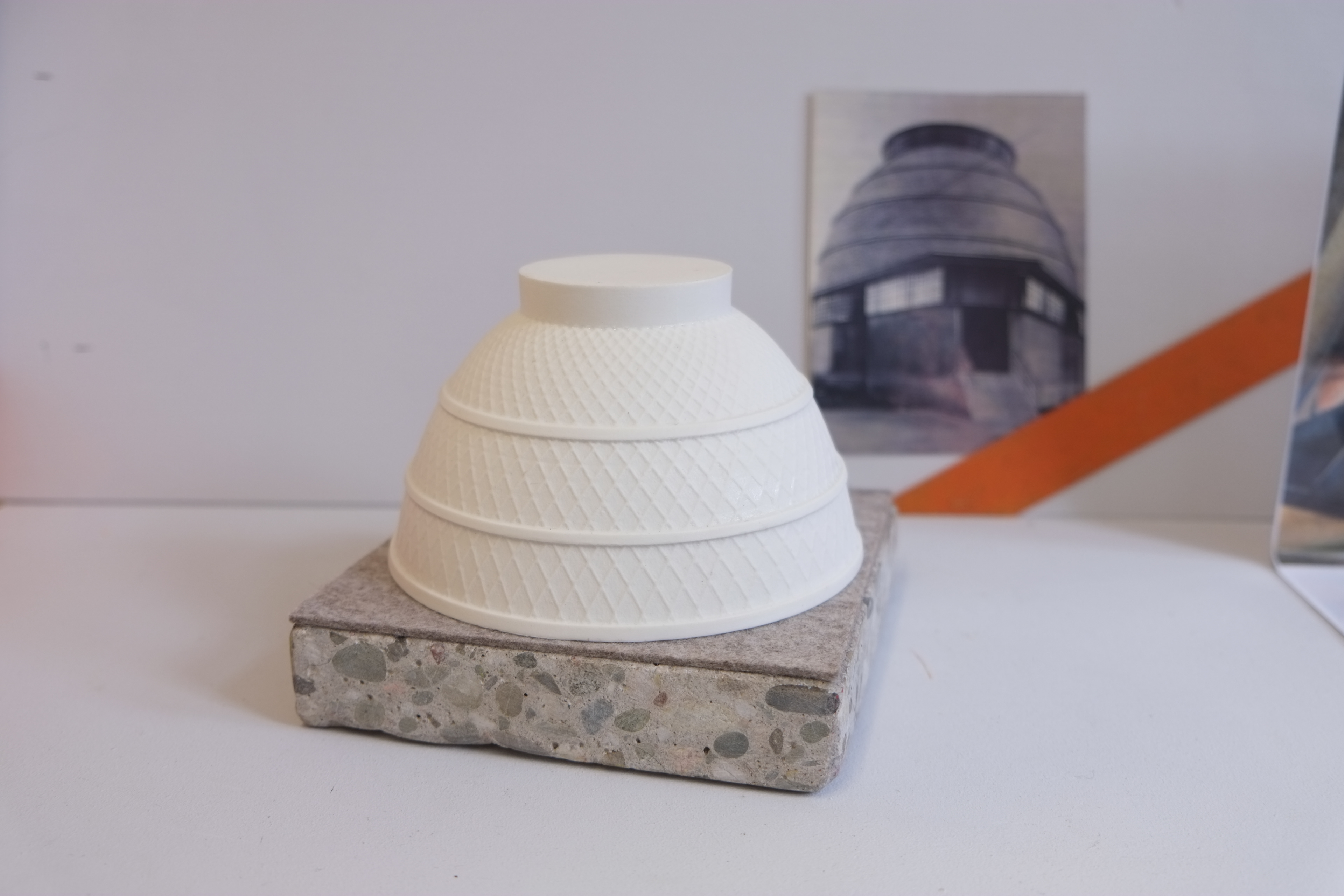
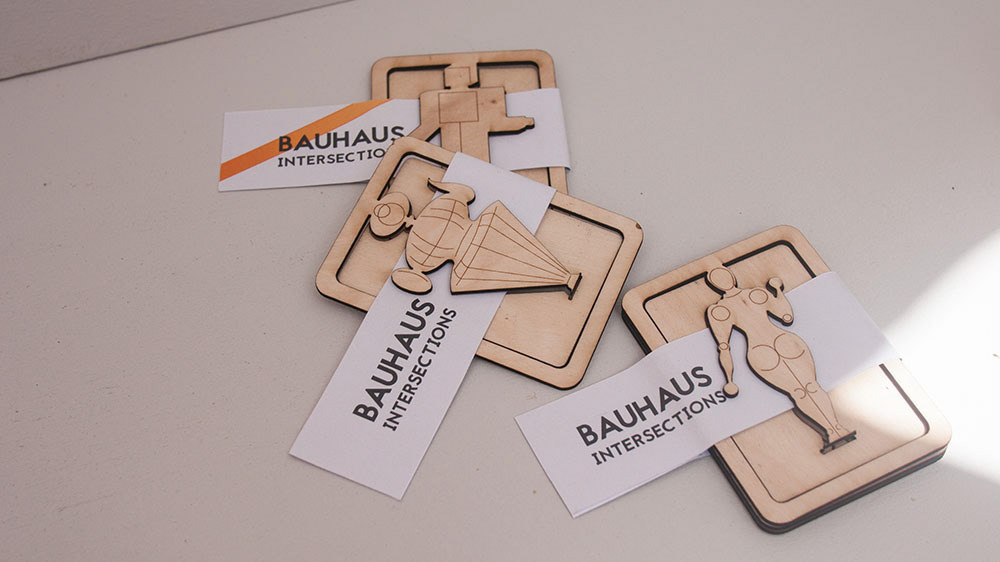
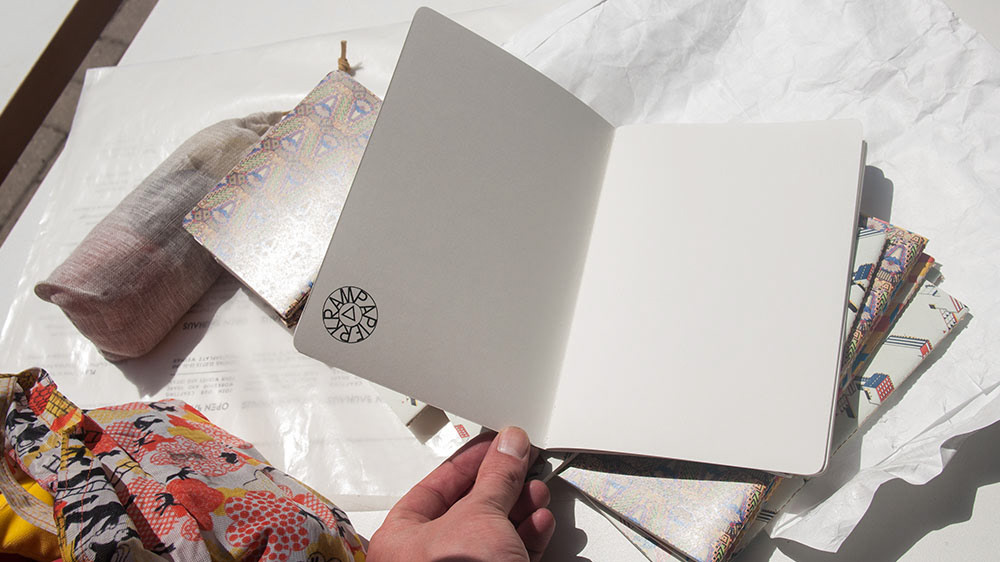
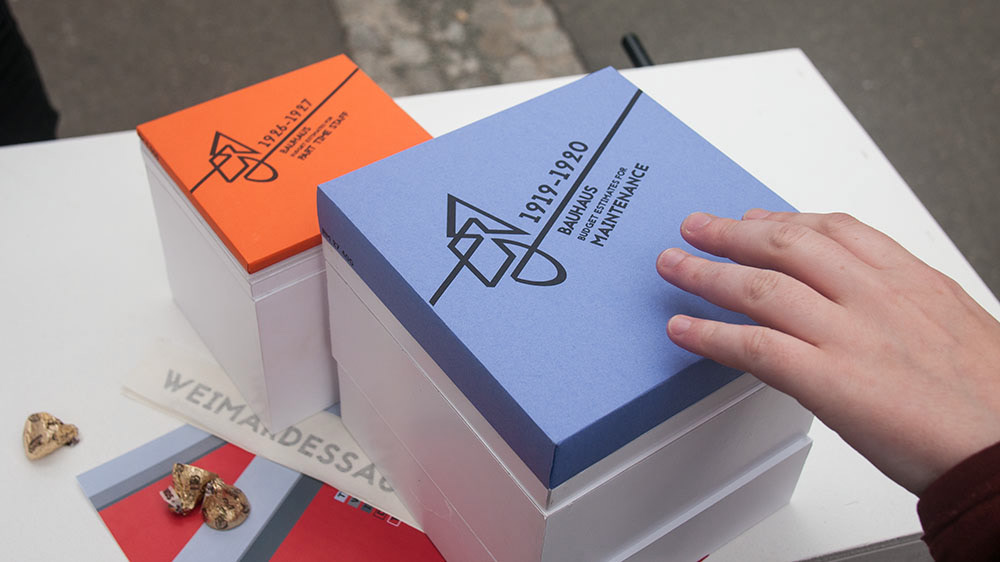
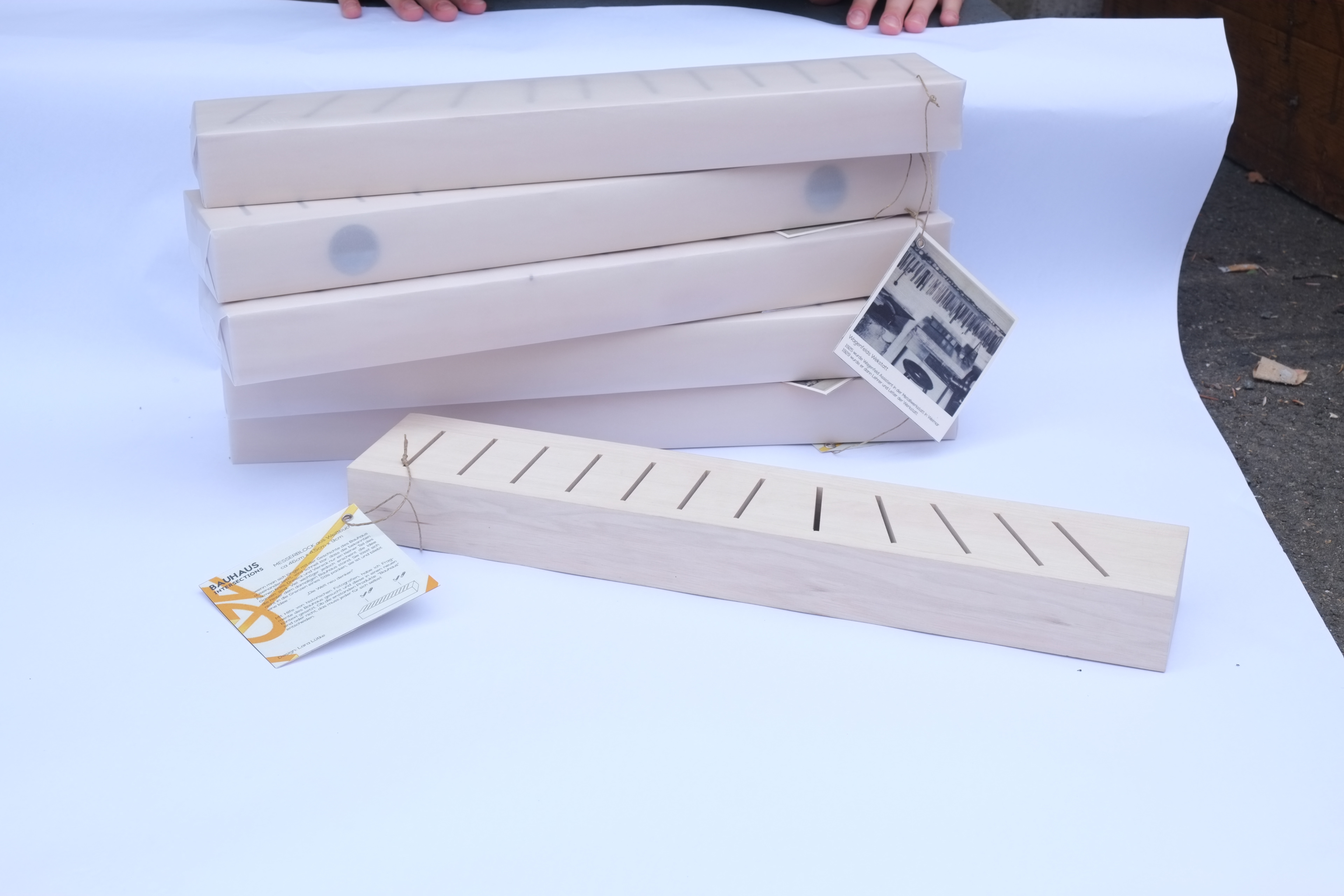
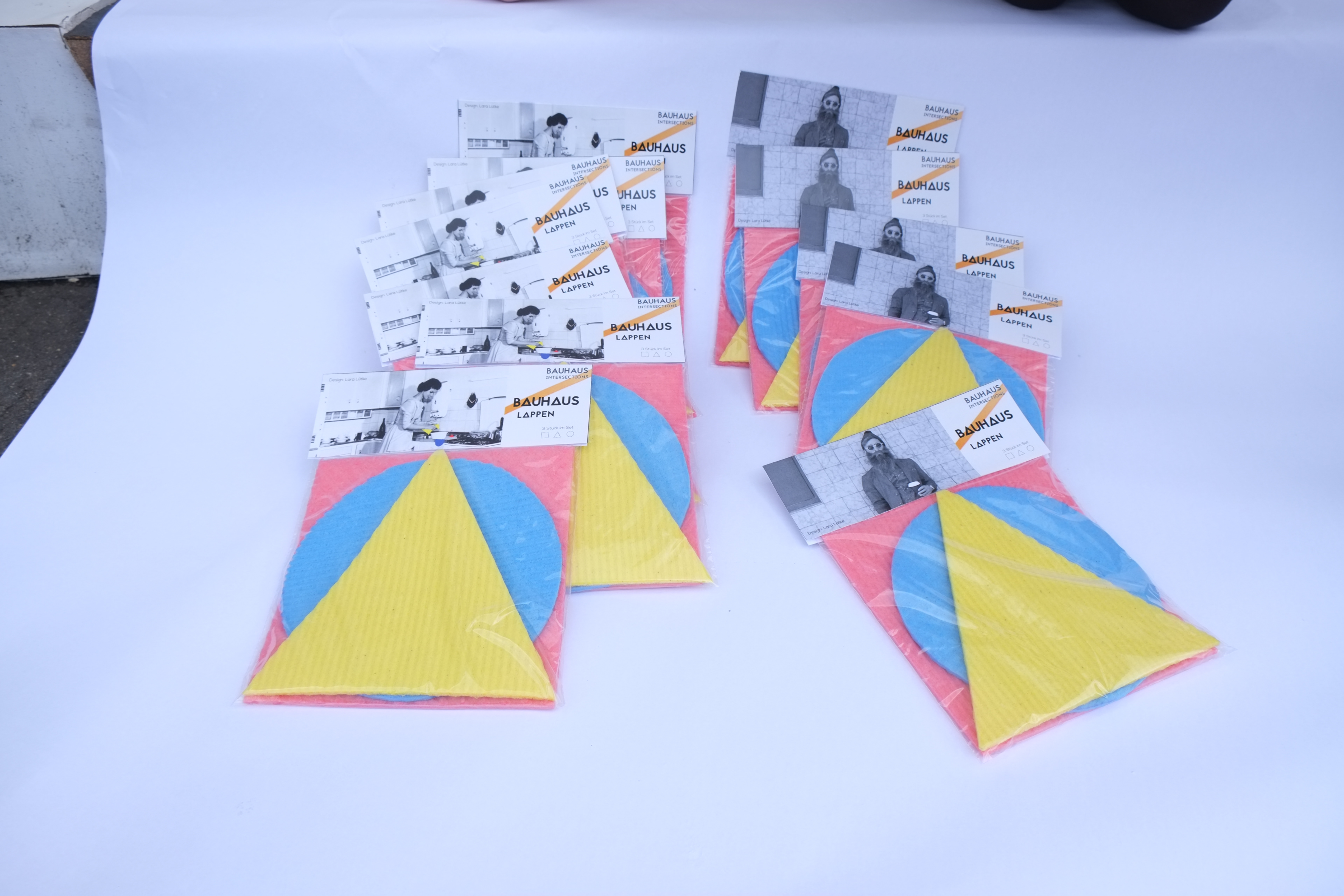
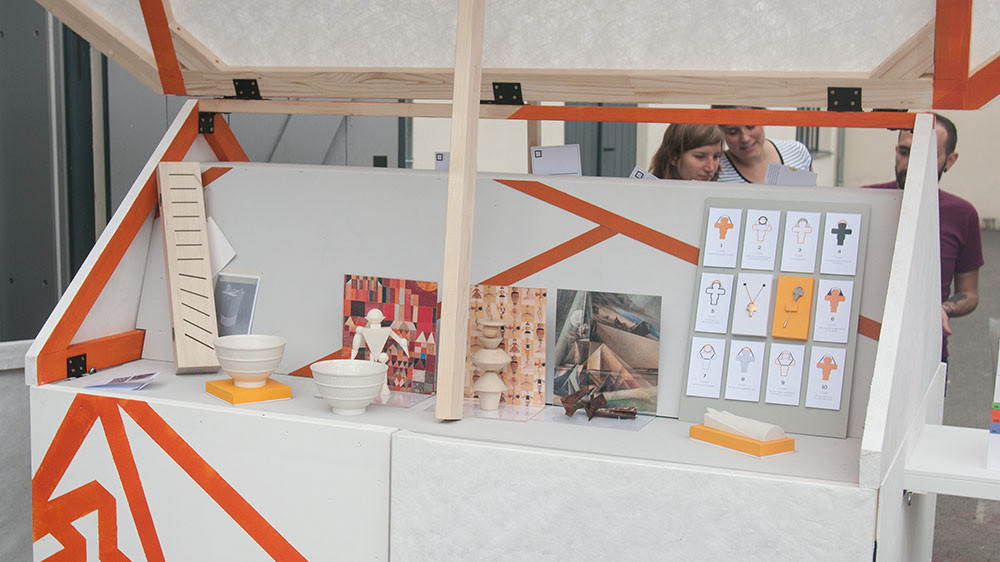

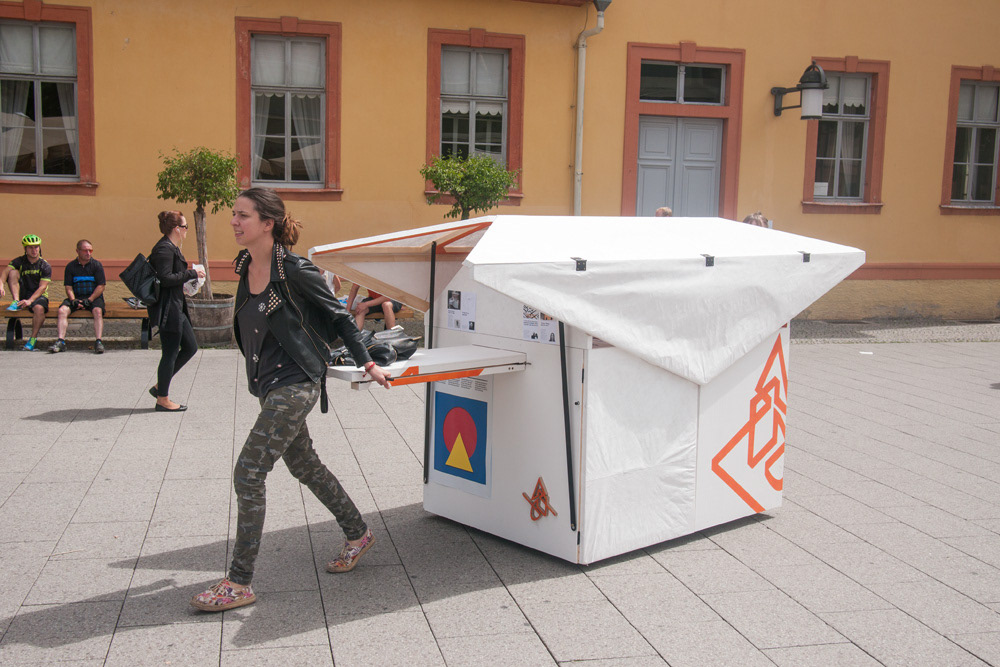
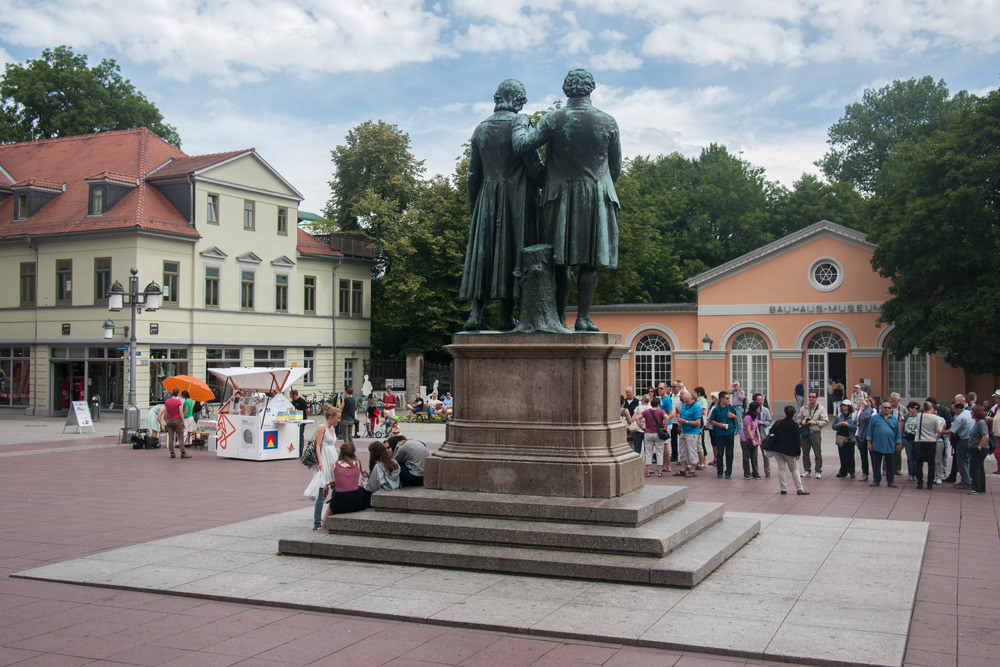
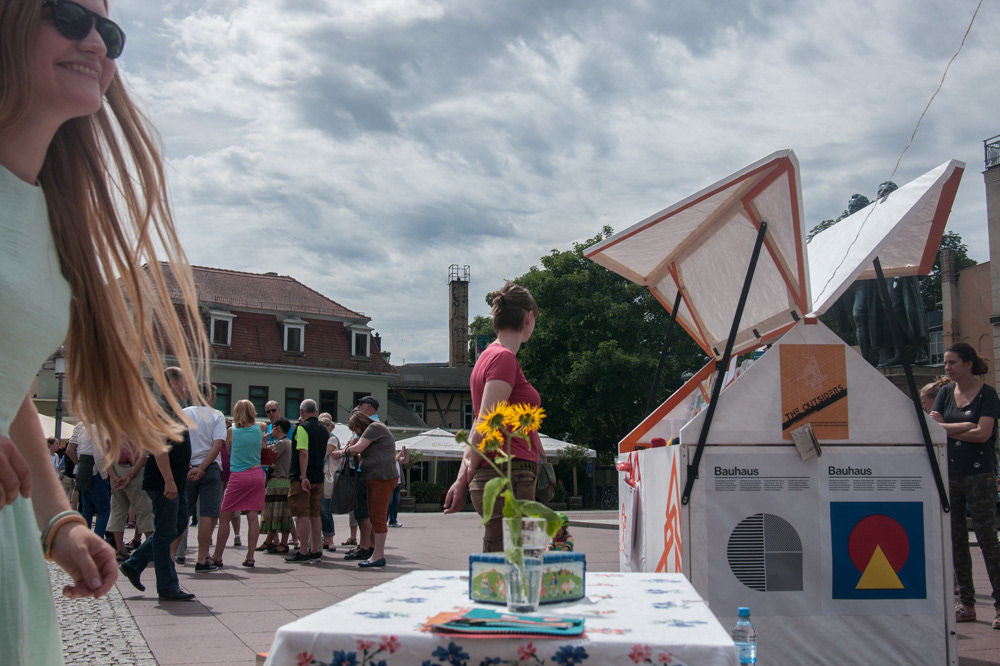

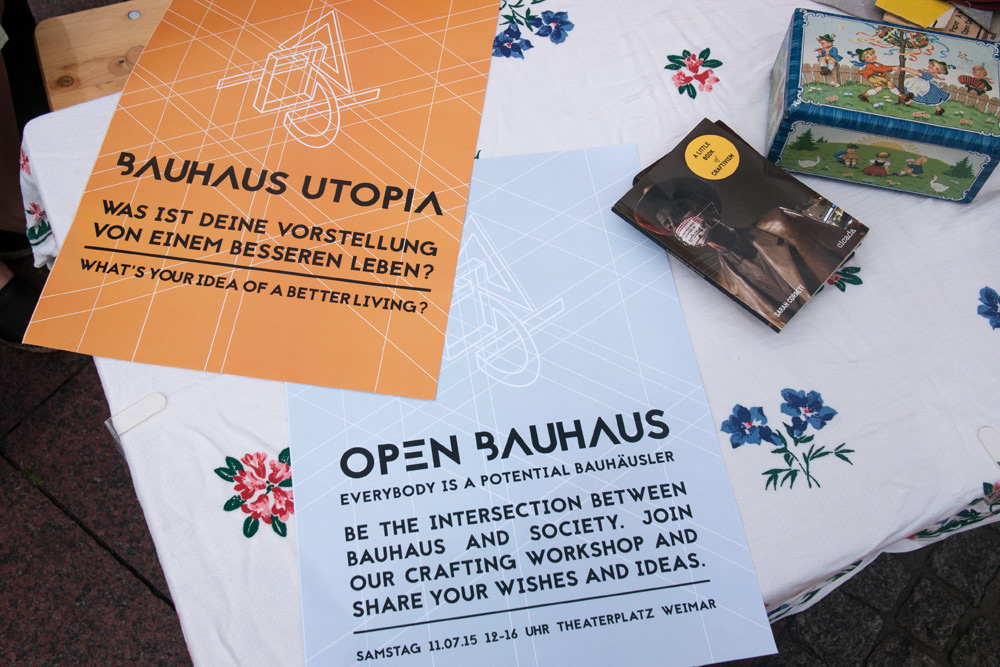
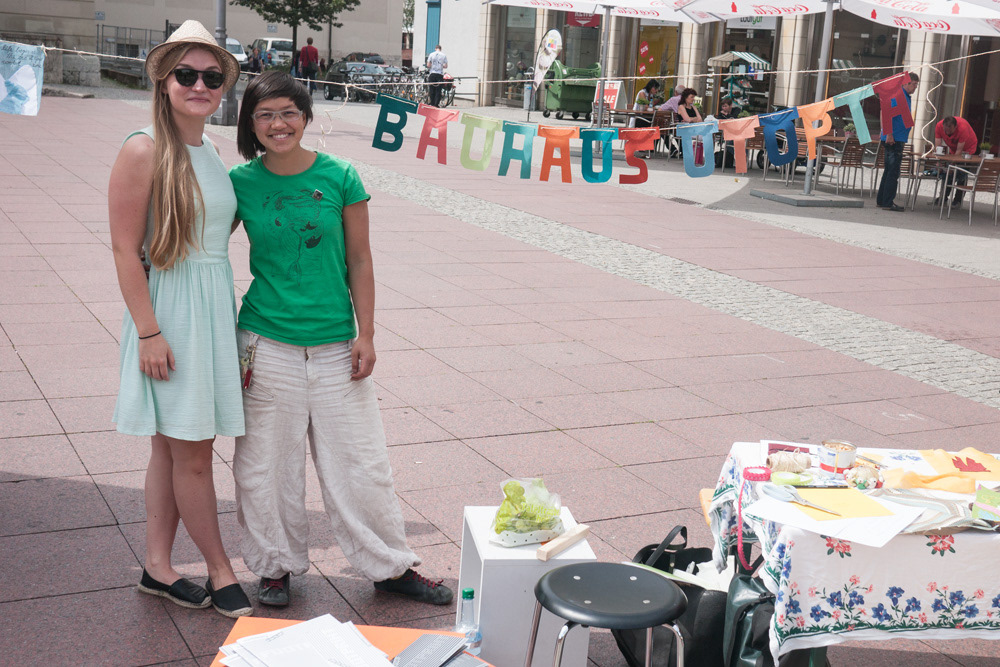
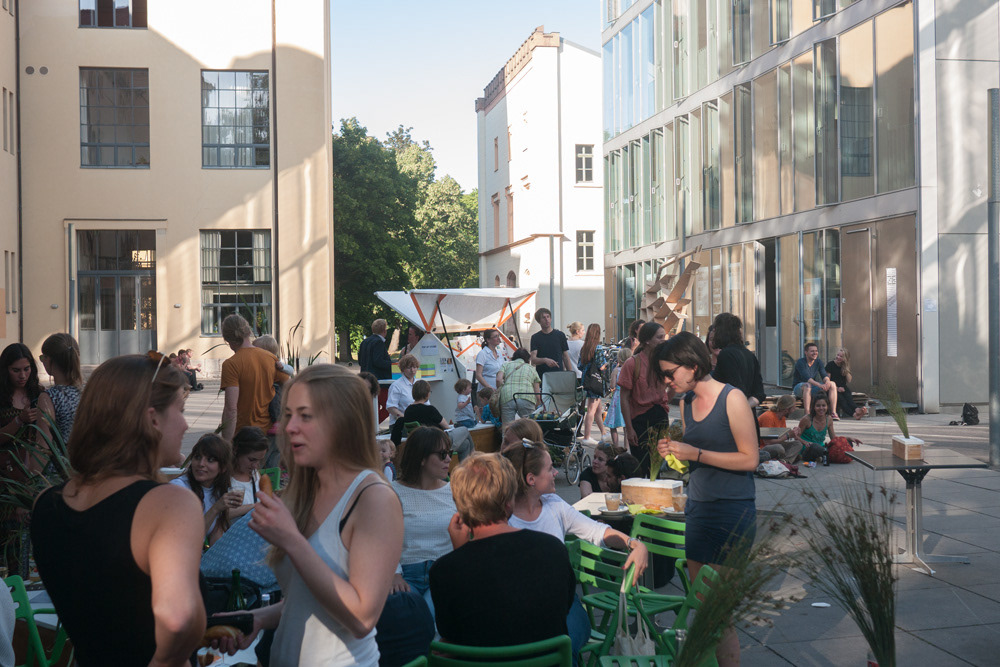
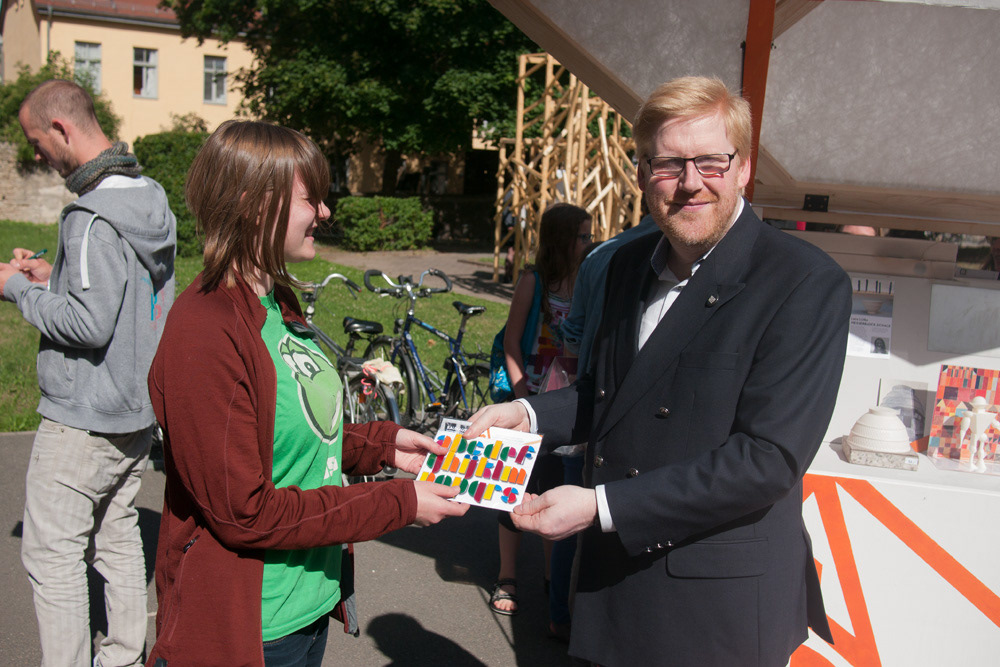
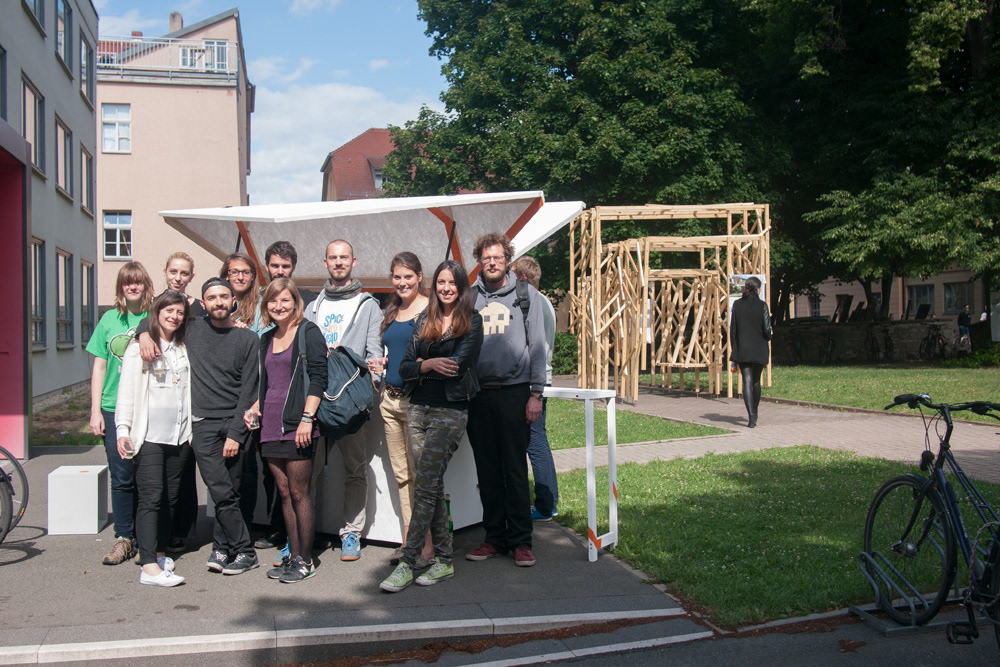
"Was kann man denn vom Bauhaus lernen? Die Antwort, die wir uns nicht leichtfertig gegeben, sondern erarbeitet haben, lautet: Vom Bauhaus kann man lernen, dass man in der jeweils gegebenen Situation, also heute, innovativ sein muss! Vom Bauhaus lernen heißt also gerade nicht, das Bauhaus zu wiederholen." (Lucius Burckhardt). Was heißt es eigentlich an einem historischen Ort zu studieren?Wie aktuell ist das Bauhaus? Wie sieht der universitäre Umgang mit dem Erbe des Bauhauses im 21. Jahrhunderts aus? Oder ist Bauhaus eigentlich nur noch ein Medium und jeder projiziert sich nach Bedarf sein eigenes Bauhaus? Grosse Ereignisse werfen Ihren Schatten voraus und 2019 kommt schneller als wir denken. Ziel des Projekts ist eine Auseinandersetzung mit dem Pioniergeist einerseits und den Herausforderungen für die heutige Zeit andereseits. Im Kontext soll das gespiegelt werden an eigenen Entwürfen, Statements und Interaktionen und einer Positionierung aktueller und zukunftsweisender Produktion. Betreuer: Prof. Wolfgang Sattler, DI Stefan Kraus (Gastwissenschaftler), DI Gregor Sauer _______ "What can one learn from the Bauhaus? The answer, which we have not given ourselves lightly, but worked out, is: From the Bauhaus one can learn that one must be innovative in the given situation, that is today! Learning from the Bauhaus does not mean just repeating the Bauhaus. " (Lucius Burckhardt). What does it really mean to study in a historical place? How up-to-date is the Bauhaus? What does the university approach to the legacy of the Bauhaus look like in the 21st century? Or is Bauhaus really only a medium and everyone projects his own Bauhaus as needed? Big events cast their shadows ahead and 2019 comes faster than we think. The aim of this project is an examination of the pioneering spirit on the one hand and the challenges for today's time on the other. In the context, this should be mirrored in own designs, statements and interactions. Supervisors: Prof. Wolfgang Sattler, DI Stefan Kraus (visiting scientist), DI Gregor Sauer


























